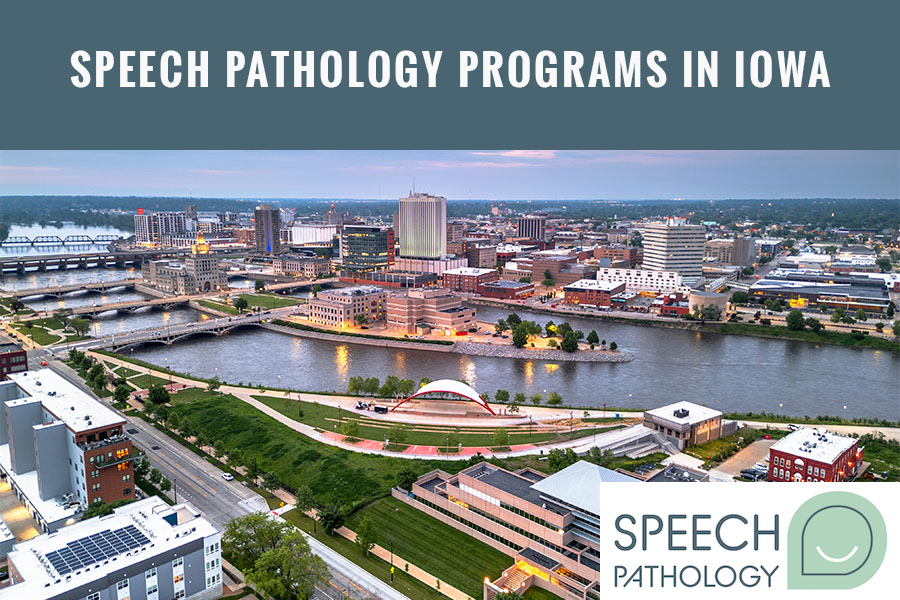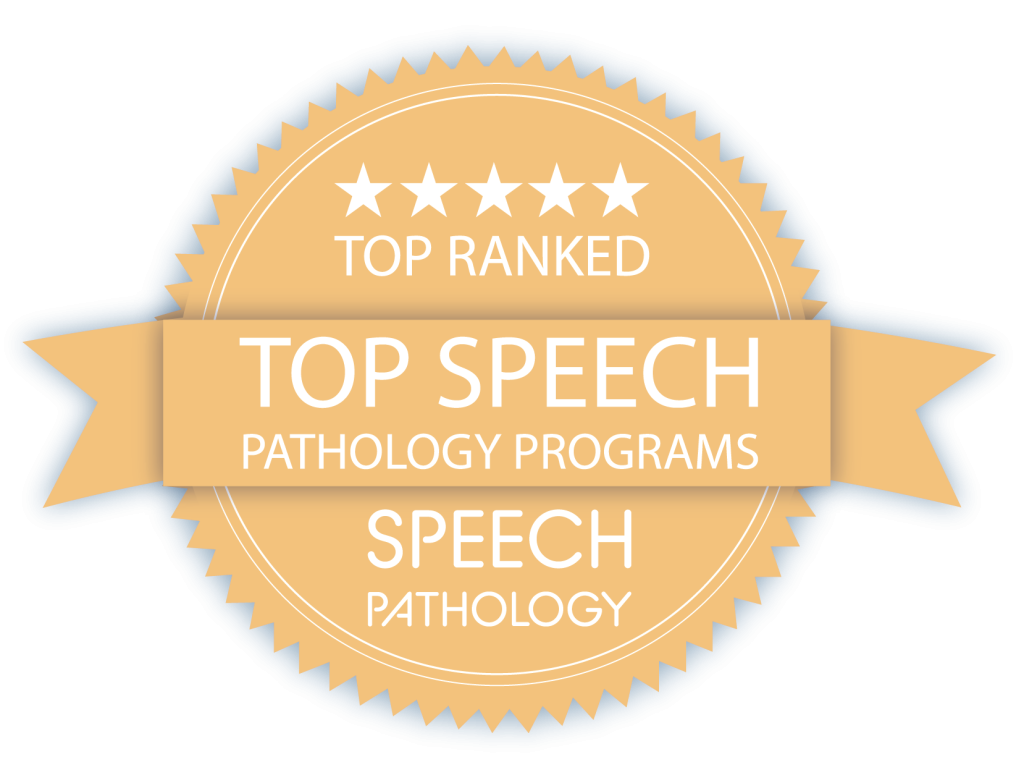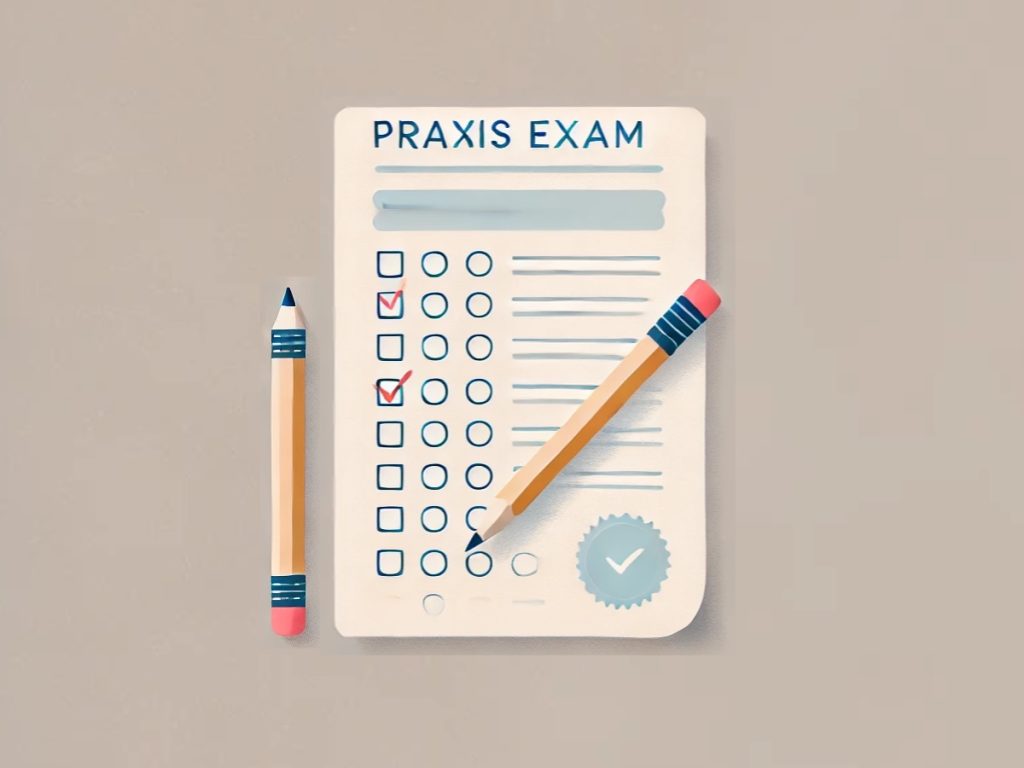Last Updated
April 14, 2025Written By
Cynthia Harris, M.S., CCC‑SLPSome of the best Speech Language Pathology degree programs are in Iowa; it has affordable tuition, a high job placement rate, and strong clinical training. The University of Iowa in Iowa City is ranked among the top SLP master’s programs in the country, for its innovative research, low tuition fee (residents pay $387 per credit) and good clinical practice. The University of Northern Iowa in Cedar Falls is another quite reasonable, accredited speech pathology master’s degree, which provides 100% job placement and practical training at the on-campus clinic. St. Ambrose University in Davenport has a relatively new MSLP program that integrates in-person instruction with convenient externships. Iowa does not have an SLPD (clinical doctorate), but the University of Iowa has a PhD in Speech and Hearing Science for individuals wishing to pursue a research career. The job prospects for speech pathologists in Iowa are very good, particularly in schools, hospitals, and clinics owing to the rising population of elderly people and the rising incidence of autism. The average salary of speech-language pathologists in Iowa is approximately $82,000 which is a little lower than the national salary but this is accompanied by a relatively low cost of living. Therefore, if you are looking for an SLP degree, Iowa has affordable tuition, excellent clinical instruction, and a job market that is on the rise.

Explore the top-rated speech pathology programs in Iowa with our curated rankings. Whether you’re just starting or ready for the next step, speechpathology.org showcases the best SLP schools in Iowa for aspiring professionals. Discover how programs are selected at speechpathology.org/rankings-methology.

Iowa City, IA - Public 4-Year - uiowa.edu
Campus Based - Visit Website
The University of Iowa's Master of Arts in Speech-Language Pathology is a top-tier program ranked No. 6 in the U.S., designed for future speech-language pathologists. It offers a comprehensive curriculum that delves into speech and hearing processes, anatomy, and language acquisition, blending theoretical knowledge with practical skills for professional certification. The program is known for its rigorous admission criteria, competitive academic environment, and high job and graduate school placement rates. With a focus on communication disorders and a strong foundation in speech science education, graduates are well-prepared for successful careers in the field. Requires GRE.
Campus Based - Visit Website
At the University of Iowa, the Master of Arts in Speech Pathology and Audiology program prepares students for clinical careers, meeting ASHA certification and Iowa state licensure requirements. This program stands out for its emphasis on evidence-based practice, ethical professional behavior, and critical thinking, within a top-ranked department. Students benefit from access to cutting-edge research and diverse clinical experiences, making it ideal for those aiming to work in public schools or clinical settings. The program's rich history in the field and focus on practical skills ensure graduates are ready to address the challenges of speech-language pathology and audiology. Requires GRE.
Davenport, IA - Private 4-year - sau.edu
Campus Based - Visit Website
Saint Ambrose University's Master of Science in Speech-Language Pathology (MS-SLP) program is a comprehensive, two-year journey preparing graduates for successful careers. The curriculum blends coursework, clinical practicums, and research opportunities, emphasizing evidence-based practice and interprofessional collaboration. Students gain expertise in assessment and intervention techniques for diverse populations. With a 100% employment rate post-graduation, the program facilitates clinical internships nationwide, including full-time child and adult placements. Integrated experiences like Visual Phonics certification, service-learning, and interprofessional projects further enhance the skillset of future speech-language pathologists. The program is accredited by ASHA and boasts a 97% completion rate and a 94% first-time Praxis pass rate.
In Iowa, a Communication Sciences and Disorders (CSD) bachelor’s degree provides a good pre-professional preparation, but a master’s in Speech-Language Pathology (SLP) is needed for licensure and more complex practice. The University of Northern Iowa or the University of Iowa offers basic theories, communication development and observation to students in bachelor’s degree programs. Admissions for bachelor’s programs are based on a high school diploma, standardized test scores, and a minimum GPA. They can work in research support, educational assistance, or allied rehabilitation roles, but they cannot practice as licensed SLPs without a graduate degree. In contrast, these universities offer full clinical training and state licensure: the University of Iowa, UNI, and St. Ambrose. These programs may be applied to for a speech pathology bachelor’s degree or in a related field by presenting prerequisite coursework, letters of recommendation and a competitive GPA.
In Iowa, doctoral students in Speech-Language Pathology (SLP) cannot initially practice clinically but can later secure licensure. As no in-state SLPD exists currently, one can try for a research-focused PhD instead. The University of Iowa provides PhD in Speech and Hearing Science that can be applied for, if you have at least a master’s degree in SLP or similar fields, strong GRE scores, competitive GPA, and proper statement of purpose. Those who choose the PhD track usually do so because they have visions for academic, research or advanced clinical supervisory positions; they may end up as university professors, principal investigators or directors of speech clinics, basically setting a very high salary (sometimes over $90,000) and shaping clinical practice through their scholarly productions.
Tuition differs by program but many speech pathology doctorate students get solid funding packages from assistantships. On the other hand, SLPD is designed for currently licensed clinicians to develop their practice, leadership, or clinical administration expertise. Since Iowa has no SLPD, those intent on pursuing that path can look at out-of-state or online SLPD programs at the regional universities, which require a master’s degree, valid SLP licensure and professional experience. SLPD graduates typically move up to advanced practice or administration roles that pay on a par with high-level clinicians and managers in healthcare or education.
To be an Speech Pathologist you will need a master’s degree from an accredited program, at least 400 hours of supervised clinical training, and at least nine months of clinical experience underneath a qualified SLP. The nine-month clinical period CF)—called the clinical fellowship—is an invaluable resource for the real-world experience it provides.
After finishing your clinical fellowship you can register for the National Praxis Exam—the last requirement to becoming a licensed Speech-Language Pathologist. It is also possible to get your license without taking the Praxis exam, since the ASHA Certificate of Clinical Competence (CCC-SLP) is an accepted alternative.
You must have one or the other to get your state license.
To apply for full SLP licensure, you must send official transcripts, verification of clinical hours, and exam or certification results to the Iowa Board of Speech Pathology and Audiology. Your license can only be renewed with continuing education, which is 30 hours of approved CEUs every two years. Thus, ensuring that licensed speech pathologists in Iowa are able to provide high-quality care to diverse populations becomes a certainty. Although this process is quite stringent, it ensures that SLPs in Iowa are sufficiently trained to offer quality services to the public.
Getting a four-year bachelor’s degree in Communication Sciences and Disorders (or a related field) and then continuing on to a two-year master’s program is a great path to becoming a Speech-Language Pathologist. It is also one of the fastest SLP degree tracks available in Iowa. There are currently no official “accelerated” bachelor’s-to-master’s SLP tracks in the state, so most students follow the 4+2 model.
The University of Northern Iowa, University of Iowa, and St. Ambrose University all provide speech pathology master’s programs that are accredited by ASHA’s Council on Academic Accreditation, and each one demands about 48 months of education after the bachelor’s degree. This period consists of coursework and at least 400 clinical hours that enable students to meet the standards for licensure and, in turn, ASHA certification.
At the doctoral level, the University of Iowa offers a PhD in Speech and Hearing Science which usually takes at least four years after the master’s degree. At the moment there is no in-state Doctor of Speech-Language Pathology (SLPD) program or combined master’s/doctoral track, so those seeking a fast track or dual degree often turn to out-of-state schools or online programs. Although each step – a bachelor’s degree, a master’s degree, and possibly doctoral studies – increases the length of the training, the students gain the profound theoretical knowledge and clinical skills that are necessary for the professional practice. In the end, the University of Iowa SLP programs concentrate on the quality and the rigor of the preparation, not on the acceleration of the degree completion.
| School Name | Highlights | Retention & Grad Rates |
|---|---|---|
| Saint Ambrose University |
|
|
| University of Iowa |
|
|
Students can find more affordable speech language pathology programs in Iowa’s public universities, like the University of Northern Iowa (UNI), due to lower tuition fees for in state residents and various financial aid options available when When compared to private institutions. If you major in Communication Sciences and Disorders at UNL or the University of Iowa (UI) the cost is often lower than what private schools charge for undergraduates. Residents typically pay around $9k $10k annually for tuition, at UNL and UI; however non residents have higher fees. These courses offer the understanding needed for education at a more affordable rate than private colleges do.
To become a continue your speech pathology journey at the doctoral program level requires a masters degree in speech pathology as a prerequisite. Attending public universities is often the cheaper option financially speaking. For instance, in Iowa State University or University of Northern Iowa (UNI) charge $12k $13k per year for in state graduate tuition which’s typically less expensive compared to private institutions such, as St Ambrose University where yearly costs can go beyond $30k. PhD. programs, like the one offered by UI in Speech and Hearing Science can become more cost effective when students obtain teaching or research assistantships that typically include tuition coverage and stipends for support. Although there are no in state Doctor of Speech Language Pathology (SLPD) programs in Iowa universities; the states public institutions still stand out as options for pursuing bachelors degrees as well, as masters and doctoral education in SLP.
| School Name | Highlights | Annual Estimated Tuition & Fees |
|---|---|---|
| Saint Ambrose University |
|
|
| University of Iowa |
|
|

If you are interested in pursuing a career in SLP and have been researching licensing requirements or are simply interested in learning more about SLP

If you are pursuing the position of a speech-language pathologist, then you may have heard of the Praxis exam from your professors, classmates, or even

If you have ever been researching speech-language pathology careers and come across the words ‘speech pathologist’ and ‘speech therapist’, you might wonder if they are
Our mission is to empower future speech-language pathologists by providing the most accurate, up-to-date, and accessible information available. Our team is dedicated to guiding individuals through the journey of becoming an SLP—whether you’re just exploring the field or actively pursuing a degree. We specialize in delivering reliable insights on state-by-state availability, affordability, and the fastest paths to certification and licensure. Our goal is to help you make informed decisions based on real data, trusted resources, and the evolving needs of the profession. With a strong commitment to educational clarity and career transparency, we’re here to support and simplify your path toward a rewarding future in speech-language pathology.
PLEASE NOTE: The contents of this website is for informational purposes only. All trademarks are the property of their respective trademark holders.